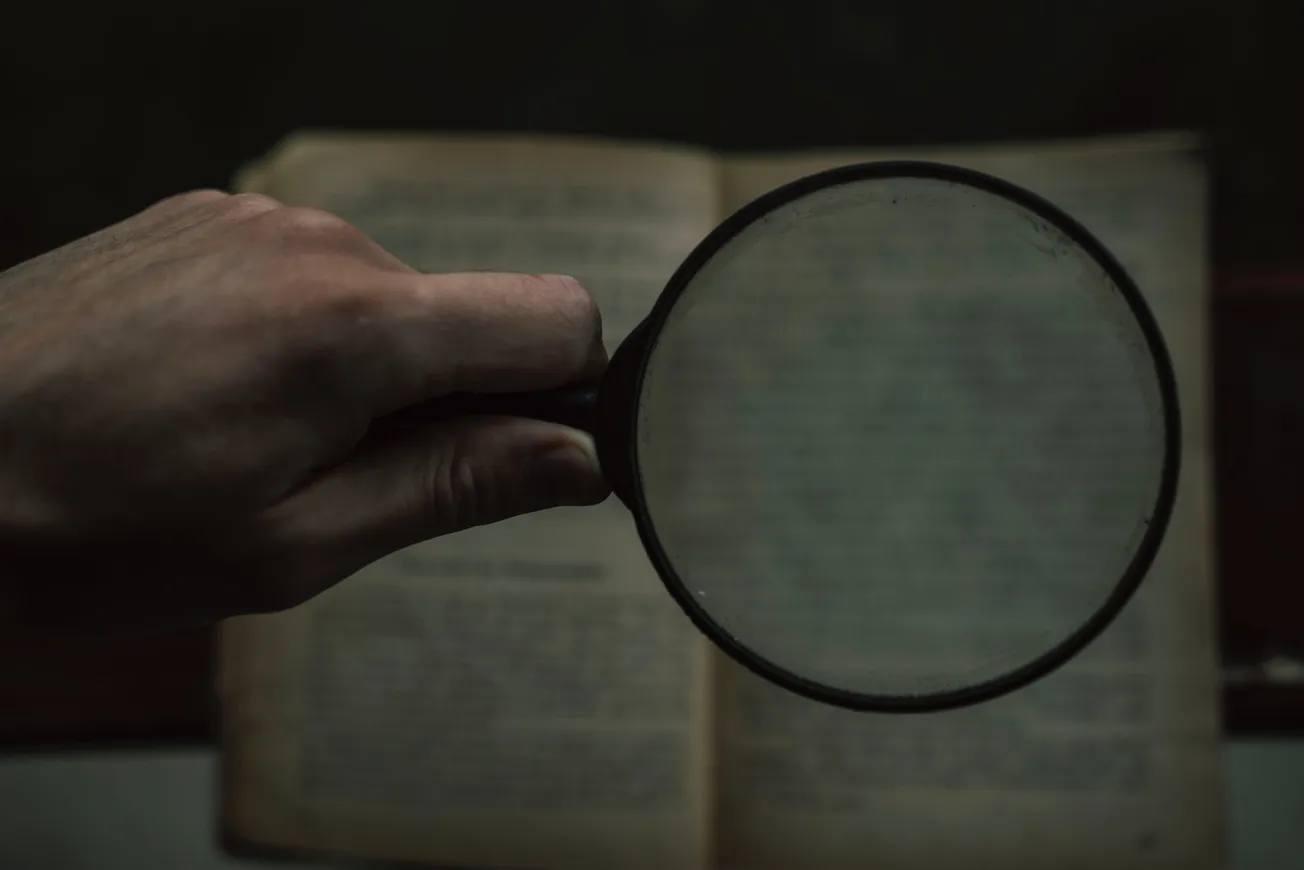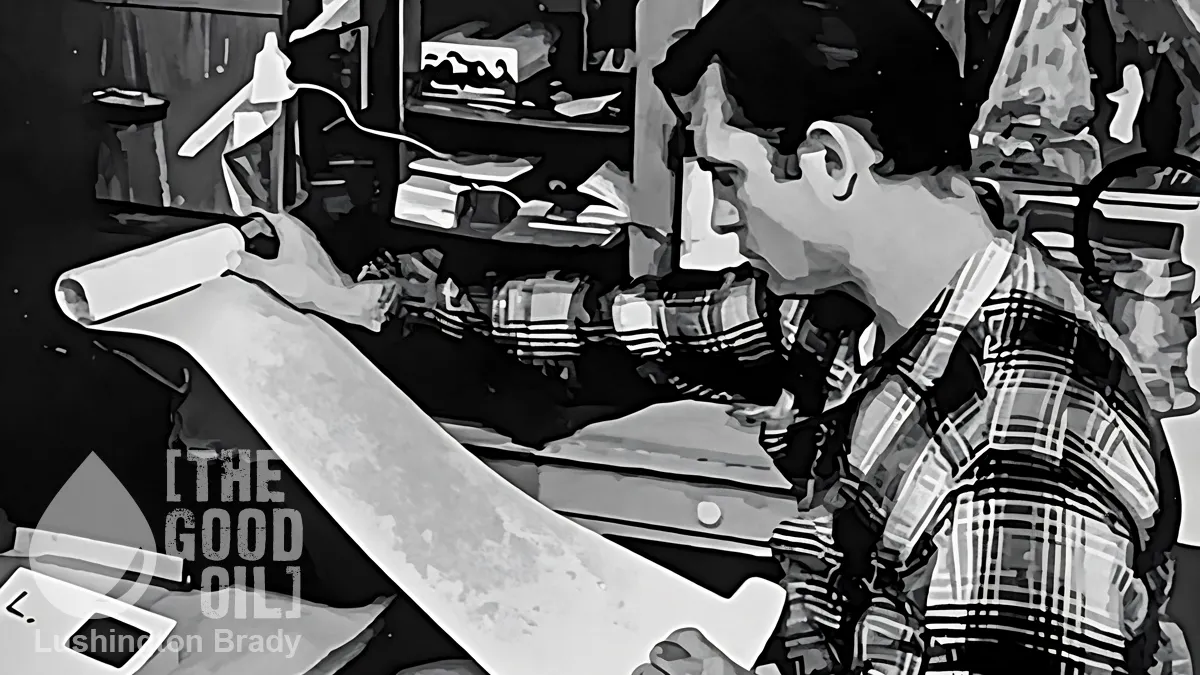Table of Contents
Ralph Wood
mercatornet.com
Until his recent retirement, Ralph C Wood had served as University Professor of Theology and Literature at Baylor since 1998. He holds the BA and MA from Texas A&M University-Commerce as well as the AM and PhD from the University of Chicago.
PD James (1920-2014) was the preeminent Christian crime novelist of her time, an avowed and worthy successor to Dorothy Sayers. Her unapologetic Anglo-Catholicism served as the shaping presence of her fiction. One murder mystery occurs in a church (A Taste for Death, 1986), another is set in a theological college (Death in Holy Orders, 2001), still another is titled Original Sin (1994), while yet another takes its name directly from the Book of Common Prayer (Devices and Desires, 1989).
Since the shelf life of most writers is usually short, her life and work already stand in need of retrieval. In our unsettled and uncertain times, James’s novels offer important insights that speak to our concerns about the morality and rationality of the universe, as well as the capacity of humans to solve problems and secure justice and peace.
As a strong supporter of the Book of Common Prayer Society, James lamented slanderous revisions of its exalted and exalting speech. “Something vital is lost, surely,” she said, “when ‘Let not your heart be troubled’ is translated as ‘Do not be worried and upset.’”
“What is it that you want?” asks Father Sebastian Morell in Death in Holy Orders. “A Church without mystery, stripped of that learning, tolerance and dignity that were the virtues of Anglicanism? A Church without humility in the face of the ineffable mystery and love of Almighty God? Services with banal hymns, a debased liturgy and the Eucharist conducted as if it were a parish bean-feast? A Church for Cool Britannia?”
Unlike typical detective novelists, James fleshes out her characters with complex motives and particular features, and she fills in her settings with wondrous detail. In A Taste for Death, for example, she recreates the urban atmosphere of contemporary London much as Dickens evoked the odours and fogs of the Victorian city.
So are the barren fens of Norfolk and East Anglia powerfully rendered in Devices and Desires. James came increasingly, in fact, to resemble the great social novelists of nineteenth-century England, perhaps George Eliot most especially. Like the eminent Victorian with a masculine pen name, James used her initials lest she not be taken seriously if she revealed herself to be Phyllis Dorothy James.
Good and evil
Like Eliot, James is concerned to offer a moral critique of society. Abortion, euthanasia, nuclear power, environmental disaster, terrorism, racism – all the vexing issues of our time simmer beneath the surface of her murder mysteries. James confesses (presumably against certain psychologists and sociologists) that there are human evils – she names wife abuse, child battering and drunkenness – that cannot be cured. To think that we could draw up legislation or design nostrums against such evils would be akin, she says, to having parliament pass an act abolishing original sin.
This is not to say that James makes the ingrained human proclivity for evil-doing serve as an excuse for social complacency. Evils that cannot be cured may and should be alleviated. The Murder Room (2003) for example, features the struggling Dupayne Museum, founded by the wealthy and eccentric Max Dupayne.
It is housed in a Victorian mansion, and it is controlled by his three children, Marcus, Caroline and Neville. Marcus and Caroline are determined to keep it open at all costs, while the psychiatrist Neville wants to close the unprofitable venture. He believes that Great Britain, a nation already obsessed with its past, pays far too little heed to its present concerns, especially the elderly and the mentally ill. He would turn the museum into a social service agency.
At the same time, Lady James, having been made a life peer and created Baroness James of Holland Park in 1991, is unyielding in her suspicion of the human capacity “to be good without God,” as our humanist friends claim. Her 20 novels give fictional life to St Augustine’s estimation of evil as the ruin of God’s good creation by disordered desire: by a perverted love of the wrong persons, or the wrong things or to the wrong extent. James quotes Adam Dalgliesh, her own master sleuth, on the unwitting Augustinian wisdom that an older detective sergeant once taught him:
“All motives can be explained under the letter L: lust, lucre, loathing and love. They’ll tell you that the most dangerous is loathing but don’t you believe it, boy: the most dangerous is love.”
A complex admixture of good and evil lies at the moral and religious heart of James’s fiction. She depicts villains who are not entirely criminal and victims who are not wholly innocent. Most of her murderers kill for honourable reasons – usually to avenge some previous injustice. Like the rest of us, they commit evil in the name of good. They thus leave us with a troubling sense of our complicity in the hidden crimes of our own lives.
Murder, James contends, is the unique crime. It “carries an atavistic weight of repugnance, fascination and fear.” We are at once repelled and attracted to depictions of this supreme offense because the line dividing good and evil does not separate the noble from the savage, the blameless from the guilty. It bisects every human heart.
“Few people opening their door to two grave-faced detectives with a request that they should accompany them to the police station,” she remarked, “would do so without a qualm of unease, however certain they may be of their complete innocence.”
The appeal of detective fiction, James argues, is especially strong in an age of almost total disorder – in “times of unrest, anxiety and uncertainty, when society can be faced with problems which no money, political theories or good intentions seem able to solve or alleviate”. Nihilistic terrorism, pandemic disease and unceasing war all make their appearance in James’s novels. Yet they are not the prime focus. In the face of such insuperable evils, she argues, we are drawn to detective fiction because it ensures a sense of personal justice. Even when social evils cannot be conquered, individual crimes can be both detected and requited.
James is not pious about this matter. In a godless age, she argues, we are drawn to murder mysteries because they show that personal crimes are not detected and punished “by luck or divine intervention.” On the contrary, it’s “by human ingenuity, human intelligence and human courage. [Detective fiction] confirms our hope that, despite some evidence to the contrary, we live in a The Shroud of Turin Defies Its Scepticsand moral universe in which problems can be solved by rational means and peace and order restored from communal or personal disruption and chaos.”
James’s frightening prophecy
One of her few novels that doesn’t feature Adam Dalgliesh is The Children of Men, her terrifying book of 1992. There James gives vent to some of her own worst fears. It’s not the coming of Nietzsche’s “overman” that James fictionally investigates in this apocalyptic novel. She prophesies, instead, the arrival of the “last man” whom Nietzsche described in 1883:
“Alas, the time is coming when man will no longer shoot the arrow of his longing beyond man … The earth has become small, and on it hops the last man, who makes everything small. His race is as ineradicable as the flea-beetle; the last man lives longest.”
The chief sign of the approaching end in James’s novel is not writhing misery but coddling comfort.
This small-souled creature who takes no risks and lacks all courage has come to dominate Britain in the prophesied year of 2021. In fact, the entire planet has been struck by a mysterious disease that results in complete infertility. The last human being has been born; there are no more babies.
I once had the chance to ask Lady James about the germ of this frightening novel. She said it derived from a news story about the rapidly lowering sperm count in European males. It is as if Nature itself – considered as a transcendent moral realm, no mere physical machine – were declaring, “If you refuse to welcome children, you will become unable to do so.”
Macabre things happen in this craven new age when there are no more babies. Kittens are christened in their place. New dolls are dressed up and wheeled about in prams; broken ones are buried ceremoniously in consecrated ground. Women experience false pregnancies and pseudo-births.
Churches that have not been entirely abandoned are used for occult rites, animal sacrifices, Black Masses. Flagellants parade in Hyde Park, lacerating their bleeding backs. The senile and the infirm are subjected to a state-sponsored euthanasia program called the Quietus. Other aging folks who no longer “contribute to the well-being of society” are drugged into submission and sent out to sea for drowning while the hymn Abide with Me is sounded.
Worst of all, the allegedly benevolent tyrants who rule this British dystopia have been democratically elected, thus fulfilling Dostoevsky’s terrible prophecy in The Brothers Karamazov – that a godless people will welcome murderous despots in exchange for earthly ease. “There is no crime and thus no sin,” the Grand Inquisitor announces, “but only hungry men.” So does it prove true in The Children of Men, where everyone is promised “freedom from fear, freedom from want, freedom from boredom”.
These are not the “decent godless people” whom TS Eliot describes in “Choruses from The Rock”; these are demons of self-indulgence. Government-sponsored pornography is unable to interest heterosexuals in vaginal intercourse. Instead, the National Health Service provides “sensual substitutes” for old-fashioned carnality: “Our ageing bodies are pummeled, stretched, stroked, caressed, anointed, scented,” one character observes.
“We are manicured and pedicured, measured and weighed. Lady Margaret Hall has become the massage centre for Oxford and here every Tuesday afternoon I lie on the couch and look out over the still-tended gardens, enjoying my State-provided, carefully-measured hour of sensual pampering.”
Yet James does not leave her readers dispirited. Her title is drawn from Miles Coverdale’s rendering of Psalm 90:
“Thou turnest man to destruction: again, thou sayest,
Come again, ye children of men.”
Perhaps as a prophecy of future alliances Christians will need to make with non-Christians, James depicts the novel’s volte-face as occurring by means of a small cell of rebels called the Five Fishes. Two Christians, two atheists, and one agnostic are so revolted by the regnant anti-humanism that they rise up against it. They are joined by a skeptic named Theo and a Christian woman named Julian.
Drawn to her by the power of both philia and eros, Theo also learns to embrace Julian in agape. He becomes willing, in the mystery of charity, to sacrifice himself that she might live. “The world is changed not by the self-regarding,” Julian tells Theo, “but by men and women prepared to make fools of themselves,” looking not greedily to their own interest but generously to the well-being of others. In a culture whose alleged pluralism has devolved into total relativism – truth being only mine or yours or somebody else’s – James offers the hope that all people of good will may yet be joined for the sake of the Good.
This article has been republished with permission from The Public Discourse.









